
William Heisel
Contributing Editor

Contributing Editor
I have reported on health for most of my career. My work as an investigative reporter at the Los Angeles Times and the Orange County Register exposed problems with the fertility industry, the trade in human body parts and the use of illegal drugs in sports. I helped create a first-of-its-kind report card judging hospitals on a wide array of measures for a story that was a finalist for the Pulitzer Prize. I was one of the lead reporters on a series of stories about lead in candy, a series that also was a finalist for the Pulitzer.For the Center for Health Journalism (previously known as Reporting on Health), I have written about investigative health reporting and occasionally broke news on my column, Antidote. I also was the project editor on the Just One Breath collaborative reporting series. These days, for the University of Washington, I now work as the Executive Director for Insitutue for Health Metrics and Evaluation's Client Services, a social enterprise. You can follow me on Twitter @wheisel.
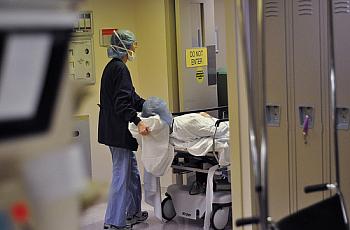
One of the most powerful U.S. government agencies is bungling its public duties by planning to remove information about hospital-acquired conditions measurements from a website that allows patients to see how hospitals stack up against the national average.
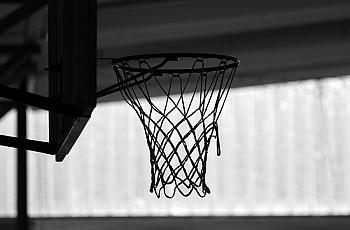
After Kentucky Kernel reporter Aaron Smith directly called two other students to confirm a rumor and reported their status as new walk-on basketball players in the newspaper, the University of Kentucky barred Smith from covering the school’s annual event where reporters interview team members.

If the local children’s hospital that performs heart surgeries on kids has been suspended and is being investigated, the public deserves to know what’s going on. If the hospital is funded by public dollars, there should not be a fight over letting the public know what’s going on.
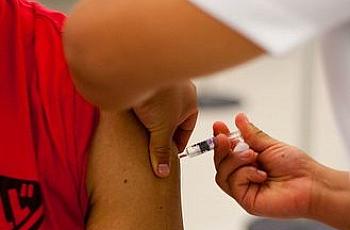
When dealing with skeptics of vaccine science, understanding their sacred values of prizing purity and independence can help communicate inoculation's benefits.
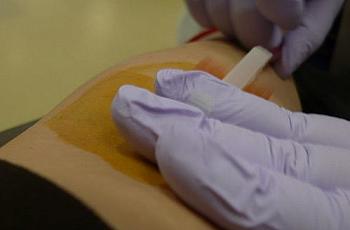
The Drug Industry Document Archive (DIDA) – housed at the University of San Francisco – just announced the addition of 58 documents that shed light on decades old decisions about contaminated blood products.
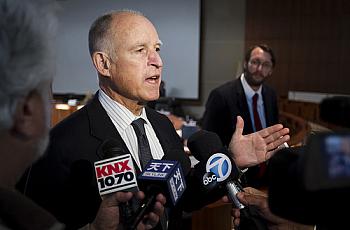
As we have seen with air pollution, tobacco use, and other public health concerns, when California starts setting policy on a topic, it can have a powerful effect nationally.
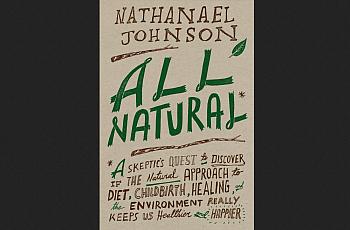
Having grown up in a "natural is best" kind of environment, Nathanael Johnson became the family skeptic. His book looks at the polarized viewpoints in a world of "global warming, killer germs, and obesity."

The Reporting on Health Collaborative heard earlier this week that Rep. Kevin McCarthy, R-Bakersfield, was going to meet with the head of the Centers for Disease Control and then issue a statement. Is that itself worth a story?

We should be happy to have our death records become part of the public record after we die. It’s good for scientific research. It’s good for genealogical research. It’s good for journalism, too, as the Hartford Courant points out.

I had never heard of Dr. Bharat Aggarwal before last week. Nor had I heard the term “meritless thuggery.” Now the two phrases are bouncing around in my head like a Tegan and Sara song.